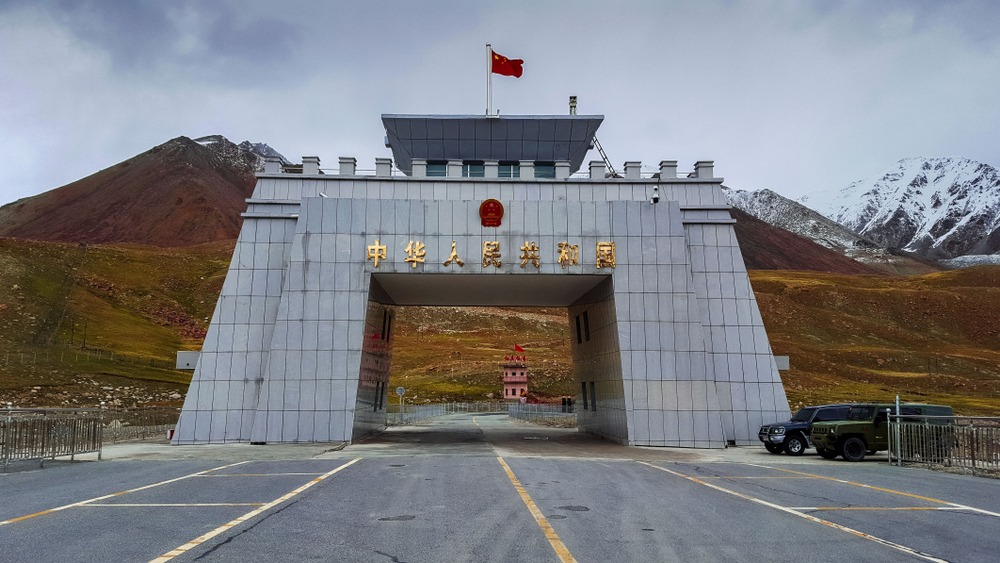- Web Desk
- Feb 19, 2026
Pak-China trade at Khunjerab Border resumes after 17-day protest
-

- Tanveer Abbas
- Aug 12, 2024

GILGIT: After a 17-day protest by traders from Gilgit-Baltistan against the imposition of taxes, trade and transportation between Pakistan and China resumed at the Khunjerab border on Monday.
The sit-in, which had disrupted business activities at the Sost Dry Port, concluded after the government “assured the traders that their demand for tax exemptions would be implemented.”
Muhammad Iqbal, President of the Gilgit-Baltistan Importers and Exporters Association, confirmed the resumption of business activities at the port, stating, “Our demand for exemption from sales tax and income tax has been met, and we have resumed our business operations.” He emphasized that the decision would particularly benefit small traders and those involved in baggage trade, rather than large-scale traders.
The protest was sparked by the government’s attempt to collect income tax, sales tax, and additional sales tax from the traders. This move was met with strong opposition, leading to a widespread sit-in by the trading community. The traders argued that, according to both a ruling by the Gilgit-Baltistan Chief Court and a resolution passed by the Gilgit-Baltistan Assembly, the region is exempt from such taxes.
The court ruling, issued by Justice Raja Shakeel Ahmed on July 20, ordered a stay on the collection of these taxes by the Federal Board of Revenue (FBR) and Customs authorities. The ruling also stated that the case would be referred to a Division Bench for further hearing after the court’s summer vacation.
Despite the court’s ruling, traders claimed that Customs refused to comply, arguing that the Gilgit-Baltistan Chief Court lacks jurisdiction over federal tax matters. As a result, the traders intensified the protest and shifted their sit-in to the Karakoram Highway, blocking the key entry point for China-Pakistan trade.
New FBR chairman appointment ignites controversy for overlooking senior officials
However, on Sunday, the Federal Board of Revenue issued a notification for the establishment of a customs checkpoint at Thakot Bazaar. Although the notification did not explicitly exempt the region from taxes, the checkpoint, along with a mobile team to monitor goods leaving the tax-exempt region, was seen as a compromise to address the traders’ concerns.
In response to the notification, the core committee of the protesters announced the end of the sit-in, acknowledging the government’s assurances. “We believe the government is fully prepared to implement the decision of the Gilgit-Baltistan Chief Court,” the committee stated. However, they also issued a warning that if the government failed to fulfill its commitments, they would resume their protests with even greater intensity.
Analysts have noted that the establishment of the Thakot Bazaar checkpoint could potentially limit the reach of Gilgit-Baltistan traders, confining their trade activities to the region and preventing them from transporting goods to other parts of Pakistan without paying taxes. There are also concerns that this move is aimed at bringing larger traders into the tax net, as there have been reports that Gilgit-Baltistan traders were acting as intermediaries for bigger business interests across the country.




